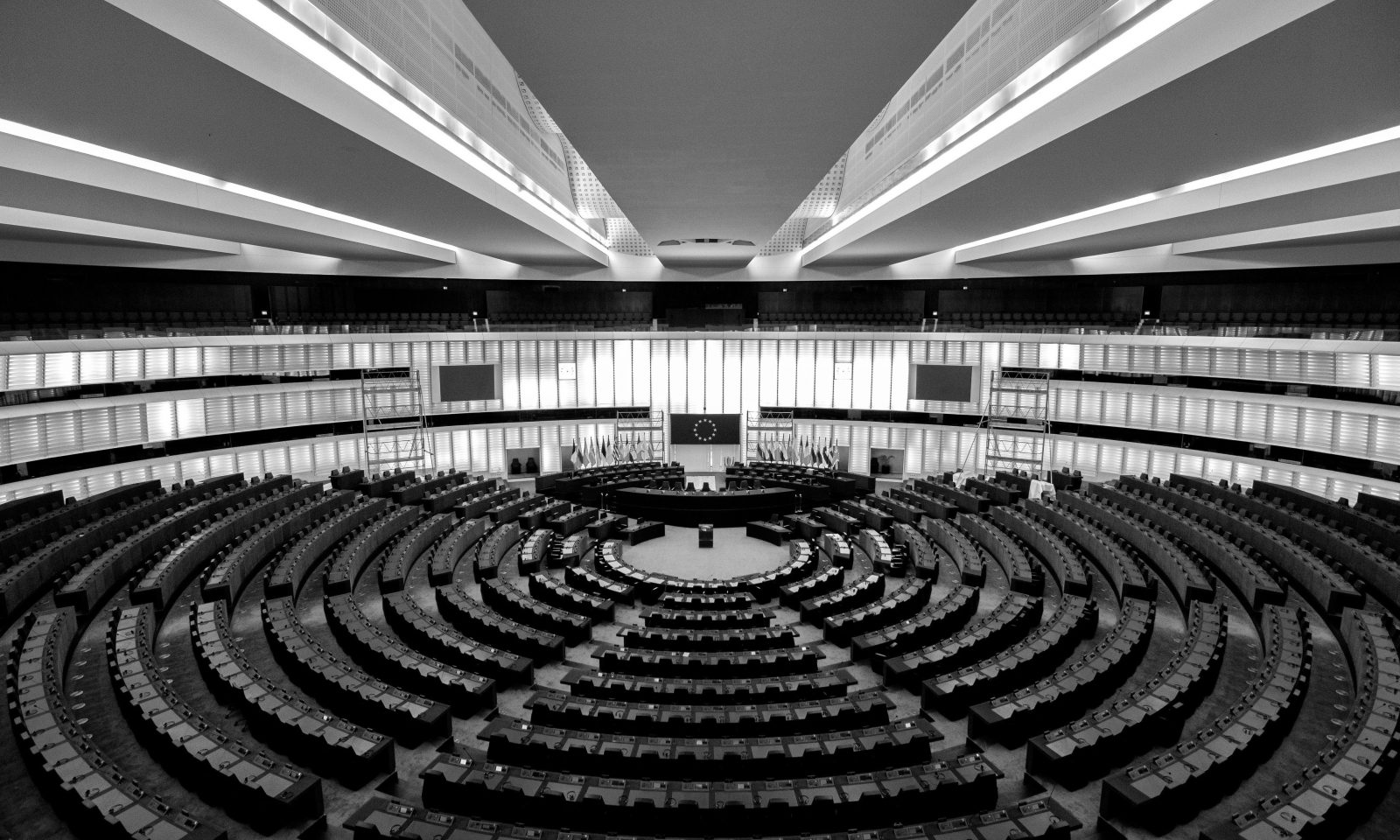The vote on the Directive
“Today at 12 the MEPs will vote on the mandate to start the trilogue. I would like to see them vote against in order for the provisions of the proposed Directive to be enhanced in the future.
I would like to see in the upcoming debate the improvements of the text and data mining provision (Article 3) and the educational exception (Article 4) as well as the DELETION of Articles 11 and 13.
I would also like to know why it is suddenly allowed in the whole EU for compensations collected by the CMOs to be divided between creators and publishers. This is very bad! Yes, in some countries we already have that and this is why we have problems in SAZOR and IPF between “rightholders” and creators.
Wake up Europe!”
Dr. Maja Bogataj Jančič
See also here.
The 4th Open Knowledge Day took place on Tuesday 17 October 2023, with an accompanying workshop on 18 October 2023. This year it was organised by the Open Data and Intellectual Property Institute (ODIPI) and supported by Knowledge Rights 21 (KR21).
We invite you to the fourth Open Knowledge Day and the workshop, which will take place this year within the framework of the programme and with the support of Knowledge Rights 21. The event will bring together experts from different European countries to discuss two topics: the first part will deal with the legal basis for data analytics, which is a key part of machine learning and related artificial intelligence, and the general exception for research. In the second part, open science in theory and practice will be presented both in Slovenia and in some Western Balkan countries. Representatives of research and educational institutions from Slovenia and the Western Balkan countries, as well as interested members of the public, are invited to attend.
Dr. Maja Bogataj Jančič, a renowned expert in copyright law, has joined the Berkman Klein Center for Internet & Society at Harvard University, where she will serve as an affiliate researcher for the next two years.
On Friday, October 6, 2023, the online seminar “Practical Experiences in Resolving Copyrights of Modern Book Works” took place. The seminar addressed relevant questions concerning user access to literary works in digital form.





